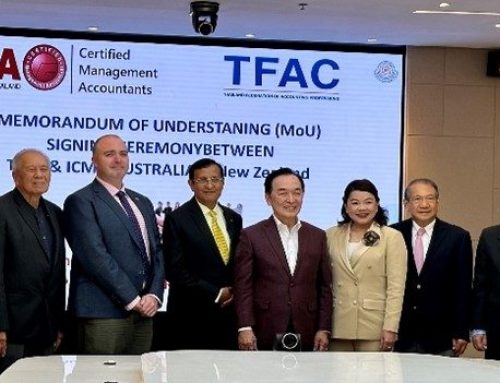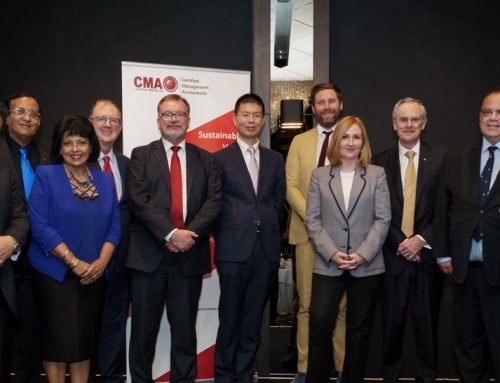
Prof Janek Ratnatunga
CEO, CMA Australia
Professor Janek Ratnatunga, CEO of the Institute of Certified Management Accountants, says that Australia is a ‘conspicuous laggard’ and that its climate policy has been more ‘spin than substance’.
In an hard-hitting opinion piece he says that Australia cannot continue to ignore the dramatic shift towards ‘climate action’ by an international community that was galvanised by Australia’s devastating bushfires in the summer of 2019-2020.
Whilst Australia’s ‘Technology Investment Roadmap’ released in September 2020 articulates a strategy to accelerate development and commercialisation of low emissions technologies; it also unfortunately champions gas which is also a fossil fuel and barely mentions coal. Further, it includes no reductions targets and no price on carbon.
Professor Ratnatunga says that, “the roadmap claims that emissions targets could be achieved by backing new technologies rather than penalising old industries – which is not supported by the current scientific evidence”.
The result is that Australia has been virtually ostracised by the international community. China, Japan, Britain and South Korea, which account for more than $310 billion in Australian annual trade between them, have all now adopted the net-zero emissions target by 2050 or 2060, ramping up pressure on Australia’s fossil fuel industry. This pressure has grown with Joe Biden’s victory as the President of the United States; and his pledge to implement a “carbon-adjustment fee”, i.e., carbon tariff at the border, like what Britain and the EU are already proposing.
Despite this international pressure, the Australian Coalition government’s National Party says it would oppose any emissions deadline that does not exempt agriculture, mining, and manufacturing.
Professor Ratnatunga says that, “The climate reality is that in 30-years, if there is no climate action taken today, there will be no arable land to farm on.”
Also, the National party seems to be hopelessly ignorant of their own constituents; many which have already committed to net zero emissions by 2050; via ‘Carbon Farming’ and other green technologies.
The National party also is hopeful that funding can be achieved to build high-efficiency low-emissions ‘clean-coal’ plants which they claim would boost greenhouse gas reductions. However, the scientific validity of this so-called “clean coal” has been questioned by many scientists. “Clean coal is like dry water. It’s an oxymoron.”
Professor Ratnatunga admits that, “renewable energy is fundamentally less jobs-intensive than supplying energy from traditional power sources. It takes hundreds, sometimes thousands, of skilled workers to operate coal and gas plants. By contrast, solar panels and wind turbines are largely set-and-forget once they are up and running.”
Despite this potential for net-jobs lost, he says that that, “it is bad economics to choose a particular energy source because it sustains many jobs. Economic history is a series of new labour-saving devices that free up workers to do other, higher-value jobs.”
Clearly, there is an urgent need for Australia to expand from an economy that extracts and farms to one that adds value and manufactures complex things in a sustainable way.
[ends]For further comment on the above topic, please contact:
Prof Janek Ratnatunga
CEO, ICMA Australia
Mobile: +61432758380
Email: [email protected]
About the Author
Professor Janek Ratnatunga is the CEO of the Institute of Certified Management Accountants, Australia. He has held senior appointments at the University of South Australia, Monash University, University of Melbourne, and the Australian National University in Australia; and the Universities of Washington, Richmond and Rhode Island in the USA. Prior to his academic career he worked as a chartered accountant with KPMG. He has also been a consultant to many large Australian and international companies and to the World Bank.



Stay In Touch